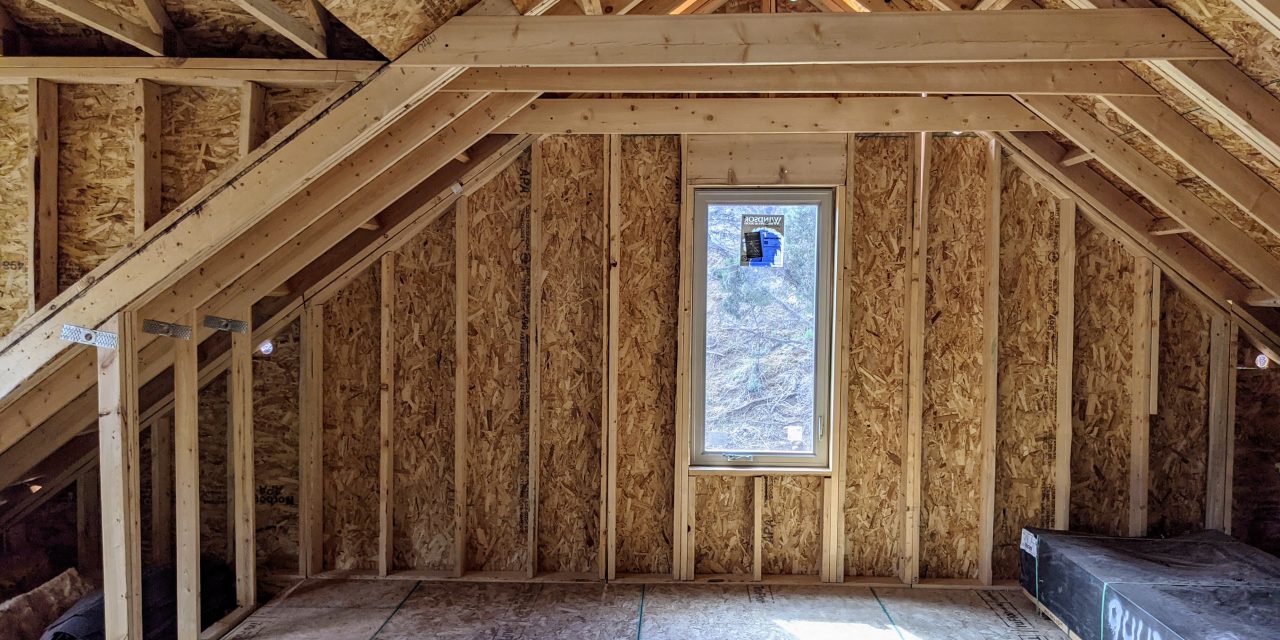Question:
“My mobile home has several defects. What are my rights and what can I do about this?”
– Maya H. (44), Dodge City, KS
Answer:
There are several courses of action you can take, depending on factors such as the stage of your lease or homeownership, the nature of the defects, as well as the terms of your contract with the park, the dealer, or your home insurance provider.
First, you should make sure to document any and all defects you’ve identified in your home. Take clear photos and videos for visual documentation; don’t rely solely on your memory. This is so that, in case the remediation process becomes challenging, you will have concrete, legally viable evidence for your claims.
Depending on how recently the home was purchased, your home may still be under warranty. You should review your home’s warranty documents to determine whether it is still covered and see if the defects are covered under the policy. If so, you can contact the manufacturer or dealer to initiate a warranty claim. Additionally, if you have homeowners’ insurance, review your policy to see if it offers coverage for specific types of damage or defects.
If the defects are not covered by a warranty, or if your warranty has expired, contact the manufacturer or dealer from whom you purchased the mobile home and inquire about potential solutions or repairs. You may consider hiring a professional home inspector or contractor to assess the defects. Their evaluation can be useful if you need to negotiate with the manufacturer, dealer, or any third parties involved.
In some cases, mobile homes are subject to local building codes and regulations. If you believe the defects pose a safety hazard or are in violation of local codes, contact your local housing authority to report the issues and seek guidance on how to address them.
If your efforts to resolve the defects through communication with the relevant parties prove unsuccessful, you may choose to consult with an attorney who specializes in mobile home or consumer protection law. With that said, legal action should be considered as a last resort.
Finally, depending on the severity of the defects and your resources, you may need to make temporary or immediate repairs to address urgent safety or comfort concerns. However, this should only be done after thoroughly documenting the defects, and you should keep all receipts and records related to these repairs for potential reimbursement or legal action.
Overview:
- Visually document all defects in your home.
- Review the warranty or homeowners’ insurance policy, if applicable.
- Contact the party involved in selling or leasing the home to you (manufacturer, dealer, park management)
- Hire a home inspector to assess the defects.
- Reach out to local housing authorities if the defects present any safety hazards.
- Take legal action as a last resort.
- Make necessary repairs to urgent defects after documentation and keep all receipts and records.






How do I find the manufacture name of the housing part of our trailer when I only have the chassis manufacture name and only the plate name of chassis. I need blue prints of the housing part to get it permitted but do not know who made the top and the chassis company Zieman Trailers was bought out by another company since this was made. Its a work trailer with bathroom not a residential trailer.
Hi Pam,
If you haven’t already, you should make sure to check any and all documentation or paperwork you have for the trailer, such as titles, registration documents, and manuals.
Given that you have the chassis manufacturer’s name (Zieman Trailers), we suggest starting your search by contacting the company that acquired Zieman Trailers. They may still have records regarding the housing component for your trailer, even though it was manufactured prior to the acquisition.
If you’re still unable to determine the manufacturer, you may need to consult with a licensed inspector or a specialized technician. These professionals may have the expertise and resources necessary to identify the original manufacturer or to obtain copies of your trailer’s blueprints. We hope this information helps in your search.